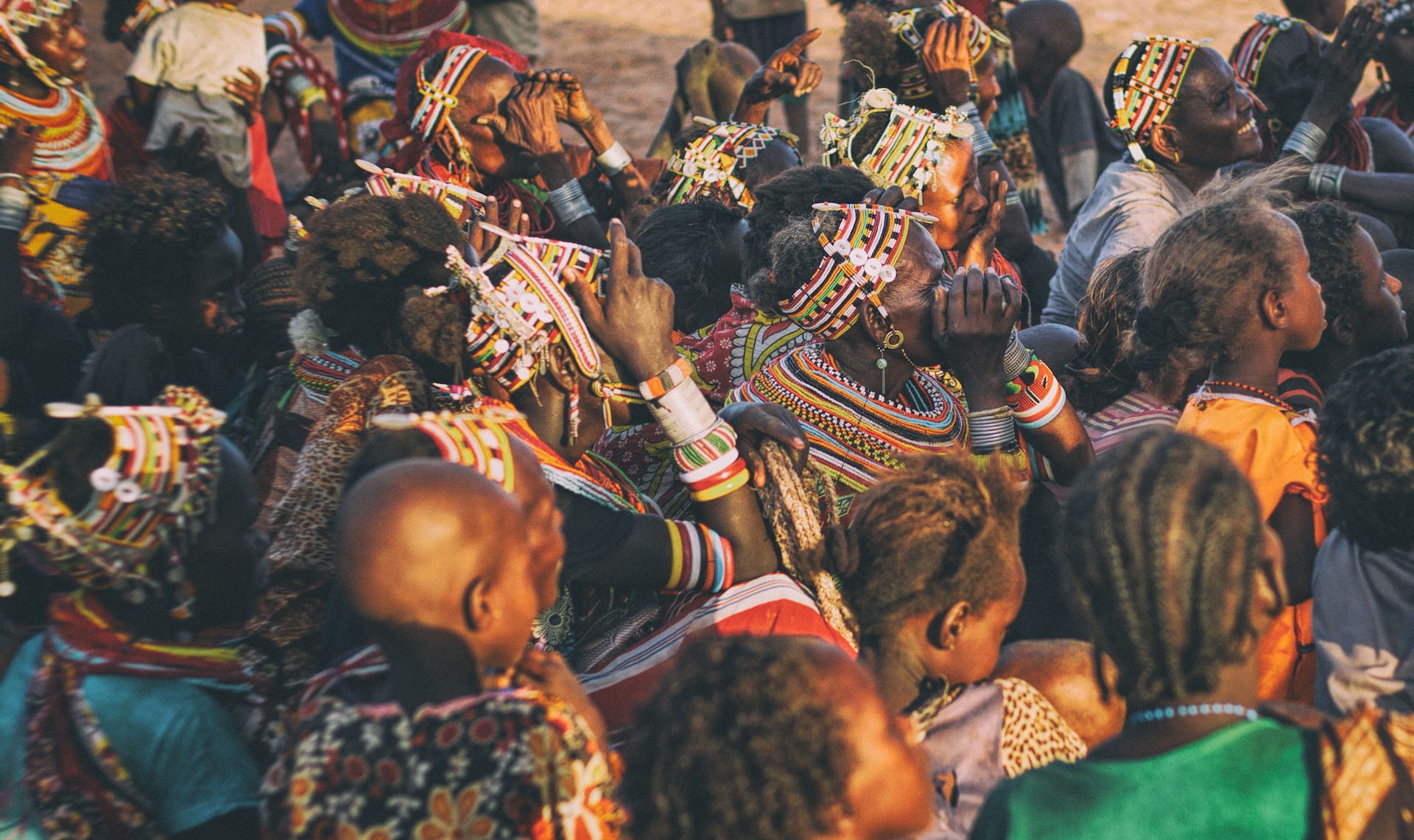Indigenous cultures around the world are rich with diversity, heritage, and a profound connection to the land they inhabit. These cultures, often marginalized and underrepresented, hold a treasure trove of wisdom, traditions, and practices that deserve recognition and appreciation. In this blog post, we embark on a journey to explore the vibrant tapestry of indigenous cultures, highlighting their unique perspectives, contributions, and the importance of preserving their heritage.
The Significance of Indigenous Cultures
Indigenous cultures have deep historical roots, stretching back thousands of years. They are intimately tied to the land, environment, and ecosystems they call home. The knowledge and practices of indigenous communities offer valuable insights into sustainable living, resource management, and the delicate balance between humans and nature.
These cultures possess immense respect for the interconnectedness of all life forms and have a profound understanding of the natural world. Their traditional ecological knowledge passed down through generations, offers crucial lessons in environmental conservation. It can contribute significantly to our efforts to address the pressing challenges of climate change and biodiversity loss.
Celebrating Diversity
Indigenous cultures span the globe, from the Arctic to the Amazon, from the Maasai in East Africa to the Aboriginal peoples of Australia. Each culture is unique, with its own language, traditions, spirituality, and social structures. Exploring these diverse cultures allows us to appreciate the breadth of human creativity, adaptability, and resilience.
One striking aspect of indigenous cultures is their artistic expressions. From intricate beadwork and weaving to mesmerizing dances and storytelling, indigenous art forms encapsulate their deep connection to the land, ancestral wisdom, and spiritual beliefs. These artistic traditions serve not only as a means of cultural preservation but also as a source of inspiration for artists worldwide.
Preserving Indigenous Heritage
Despite the richness and importance of indigenous cultures, they have faced historical injustices, cultural assimilation, and loss of traditional knowledge. It is crucial to recognize and rectify these injustices and work towards the preservation and revitalization of indigenous heritage.
Preserving indigenous cultures involves empowering indigenous communities to reclaim their cultural identities, protect their ancestral lands, and revive traditional practices. This can be achieved through education, community-led initiatives, and partnerships that respect and amplify indigenous voices.
In recent years, there has been a growing movement to support indigenous artisans, craftsmen, and entrepreneurs. By purchasing authentic indigenous products, such as handcrafted jewelry, textiles, and artwork, we can directly contribute to the economic well-being of indigenous communities and help sustain their cultural practices.
Cultural Exchange and Mutual Learning
Exploring indigenous cultures opens up opportunities for cultural exchange and mutual learning. Engaging with indigenous communities in a respectful and collaborative manner allows for the exchange of knowledge, ideas, and perspectives. Through such interactions, we can gain a deeper understanding of indigenous worldviews, challenges, and aspirations.
Additionally, it is essential to recognize that indigenous cultures are not static entities frozen in time. They are dynamic and continuously evolving. By engaging with indigenous communities, we can witness the ways in which they adapt to modernity while preserving their core values and traditions. This interplay between tradition and innovation is a testament to the resilience and ingenuity of indigenous cultures.
Conclusion
Exploring indigenous cultures is an enriching and enlightening experience that broadens our horizons and fosters cultural appreciation. By celebrating diversity and recognizing the importance of preserving indigenous heritage, we contribute to a more inclusive and equitable world. Our collective responsibility is to learn from and uplift indigenous cultures. To acknowledge their contributions to humanity and work towards a future that embraces their wisdom and sustainable practices. Let us embark on this journey of discovery with open hearts and minds, honoring the profound beauty and resilience of indigenous cultures.
